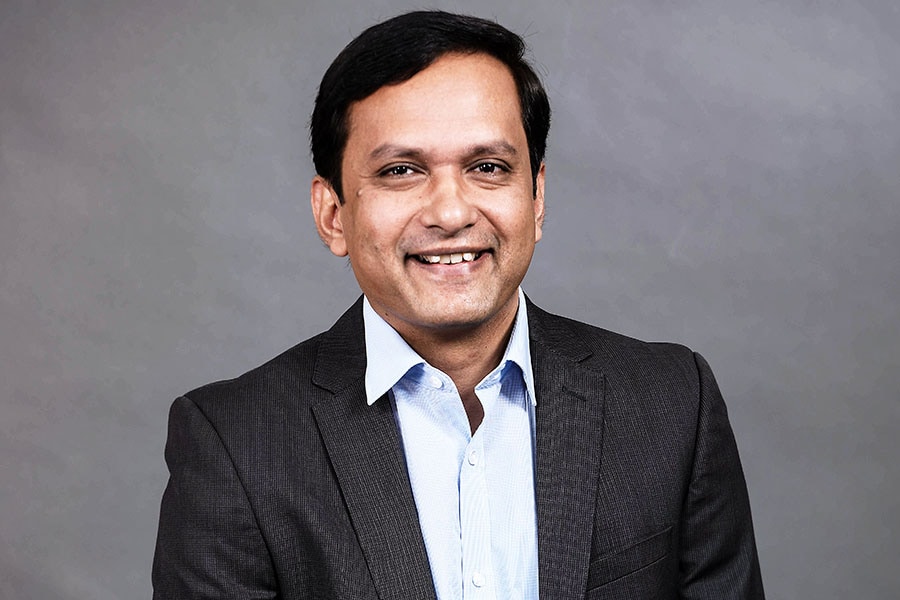
Infosys is building core IP around specialised AI models: CTO Rafee Tarafdar
Generative AI projects aren't yet large enough to move the revenue needle, but client interest is high right at the board level
 Infosys CTO Mohammed Rafee Tarafdar
Infosys CTO Mohammed Rafee Tarafdar
Even as the so-called discretionary projects have been deferred by large clients, amid a macroeconomic slowdown, interest in generative AI is high in areas ranging from automation for cost reduction to better employee and customer experience, Infosys CTO Mohammed Rafee Tarafdar told Forbes India in a recent interview.
And as part of its “AI-First” strategy, the IT services company is implementing a three-tier AI talent strategy. Infosys expects to build its own specialised AI models that will become part of its core intellectual property, he added. Edited excerpts:
Q. Infosys is working on 80 generative AI projects already, as indicated by CEO Salil Parekh during the company’s Q1 results discussions. Give us a sense of how generative AI is being viewed by your biggest customers in an environment in which discretionary spending is severely curtailed?
Due to the consumerisation of Generative AI and the easy availability of consumer AI assistants, everyone is able to experience the power and limitations of the technology. This has led to significant interest at the board level, and CXO community of our clients to understand more about the Gen AI technology landscape.
They are looking to develop an enterprise strategy on Gen AI, build a catalogue of use cases to experiment with and demonstrate value, and understand the risks and mitigation strategy.







